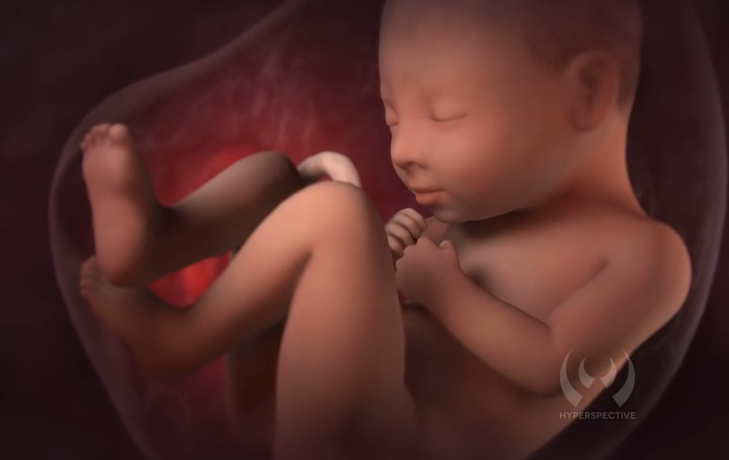Abortions in Minnesota declined significantly in 2020, according to a report released today by the Minnesota Department of Health. Last year’s total of 9,108 abortions marked an 8 percent decrease and the lowest figure since 1974.
“Many pregnant women have faced difficult situations, especially during the last year. Yet more and more have met those challenges without the tragedy of abortion,” says MCCL Executive Director Scott Fischbach. “The work of pregnancy care centers, which compassionately offer alternatives to abortion, has been instrumental. And pro-life laws in Minnesota, such as Woman’s Right to Know and Positive Alternatives, continue to empower women and save lives. Today’s report is very positive news for mothers and children.”
Abortions have dropped 52 percent since their peak in 1980. The abortion rate in 2020 fell to an estimated 7.6 (abortions per 1,000 Minnesota women of reproductive age), a decline from 8.4 in 2019 and the lowest rate since 1973, the year abortion became legal. Abortions performed on minors dropped to 217 last year, the lowest number on record.
Keep up with the latest pro-life news and information on Twitter. Follow @LifeNewsHQ
Despite the decline, Planned Parenthood saw a startling 16 percent single-year increase in its abortion total, reaching a record-high 7,491 abortions in 2020, which is a record-high 82 percent of the overall number (up from 65 percent in 2019). Planned Parenthood has grown its abortion total for nine straight years—a 108 percent jump since 2011—even as abortions at other facilities in Minnesota have fallen 78 percent over the same period.
In addition, chemical abortions in 2020 reached an all-time high of 4,964, a 34 percent increase and—for the first time—more than half of the overall total. The jump comes after a new Minnesota organization began sending chemical abortion drugs to women through the mail, and after Planned Parenthood started providing chemical abortions at an additional one of its locations.
“Especially during the COVID-19 pandemic, abortion supporters have sought to make chemical abortions more widespread, even at the expense of women’s safety,” says Fischbach. “Both women and unborn children deserve better.”
Chemical abortions pose risks to women that are exacerbated when, as in mail-order abortions, they receive no in-person medical examination beforehand. A large Finnish study found that chemical abortions led to “adverse events” in 20 percent of cases—almost four times the rate of immediate complications as surgical abortions.
The following is additional information from Induced Abortions in Minnesota January – December 2020: Report to the Legislature:
- A total of 251 abortions took place at 20 weeks gestation or later (there were 253 in 2019). The latest abortion took place at 35 weeks.
- The suction abortion procedure accounted for 39 percent of all abortions (down from 55 percent in 2019). Chemical abortions accounted for 55 percent (up from 37 percent). Dilation and evacuation (D & E) dismemberment procedures numbered 580 and accounted for 6 percent (690 in 2019).
- Rape or incest was a reason given for less than one percent of abortions (consistent with past years). 57 percent of women cited “does not want children at this time” (compared to 68 percent in 2019). 18 percent cited “economic reasons” (21 percent in 2019). In 30 percent of cases, no reasons were known or given.
- 40 percent of women had undergone one or more previous abortions (39 percent in 2019); a total of 676 women had undergone three or more previous abortions.
- Complications: 109 complications were reported occurring at the time of the procedure, including cervical laceration, hemorrhage, and uterine perforation (there were 114 in 2019); 89 complications were reported occurring following the procedure, including 45 cases of “incomplete termination of pregnancy” (up from 38 post-operative complications in 2019).
- 0 abortions resulting in a born-alive infant were reported (three in 2019).
- 11,398 women received the Woman’s Right to Know informed consent information—2,281 more than the number of those who underwent abortion.
LifeNews.com Note: Paul Stark is a member of the staff of Minnesota Citizens Concerned for Life, a statewide pro-life group.








